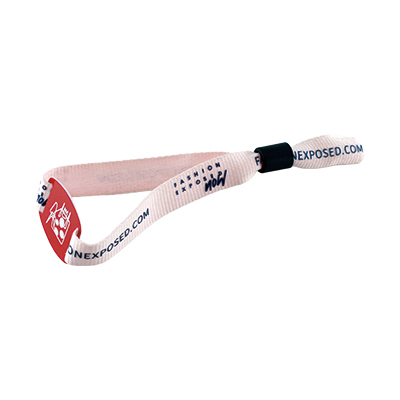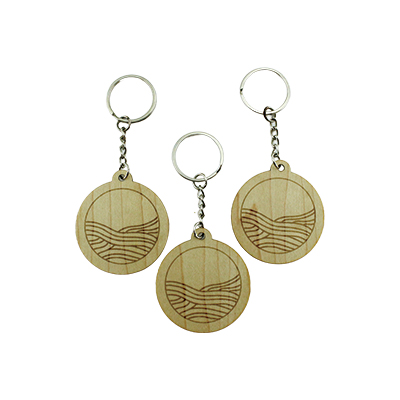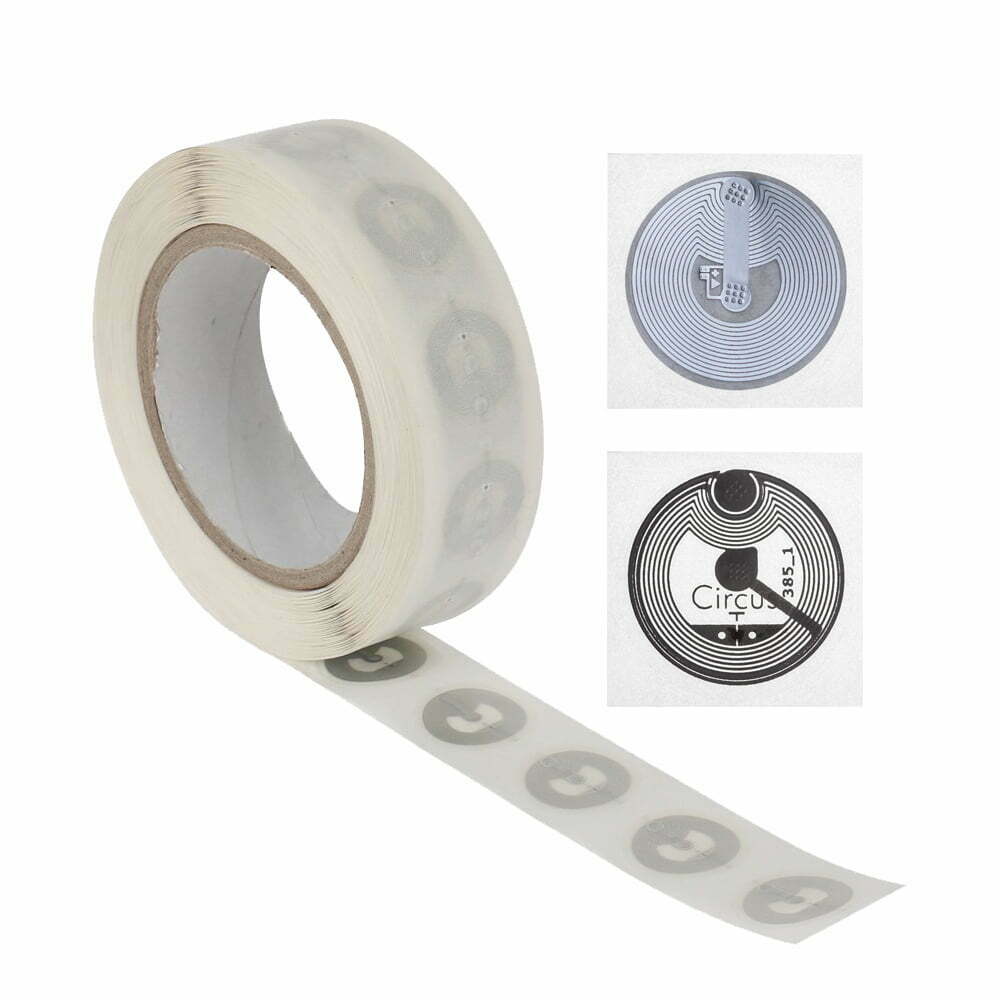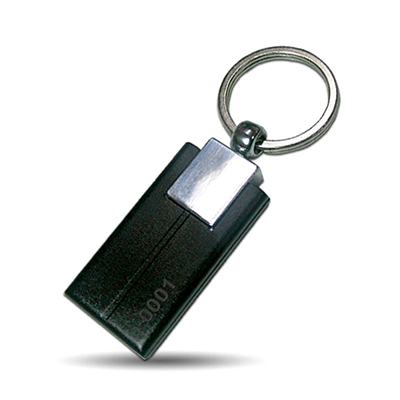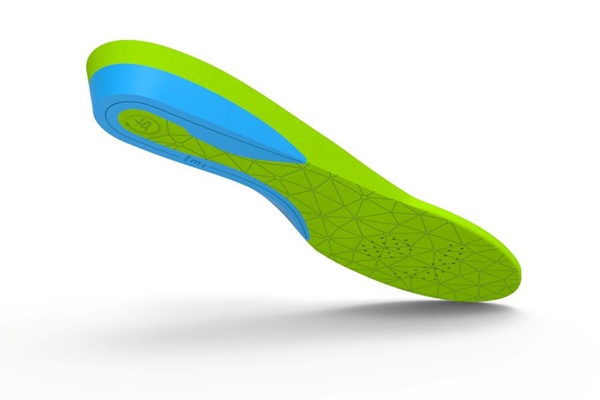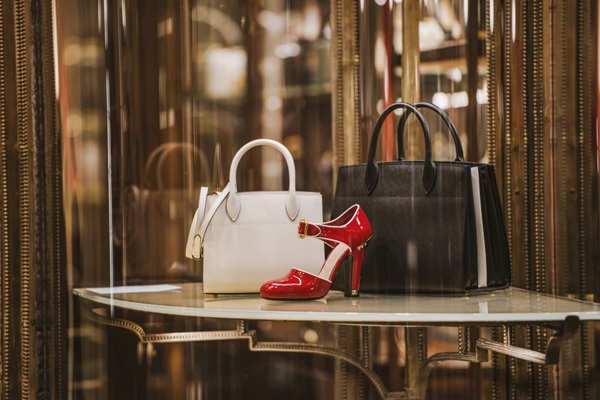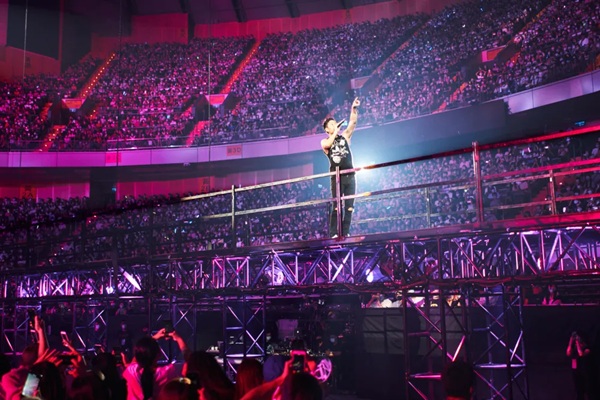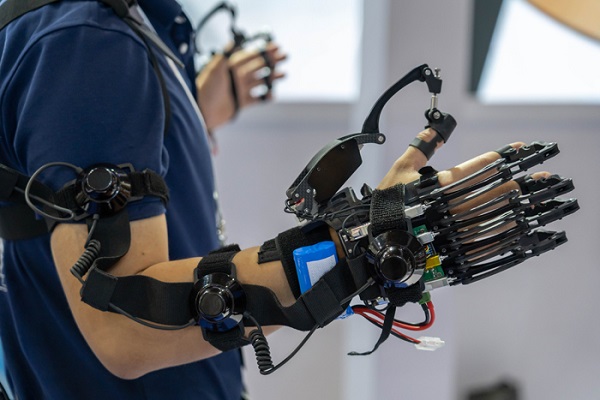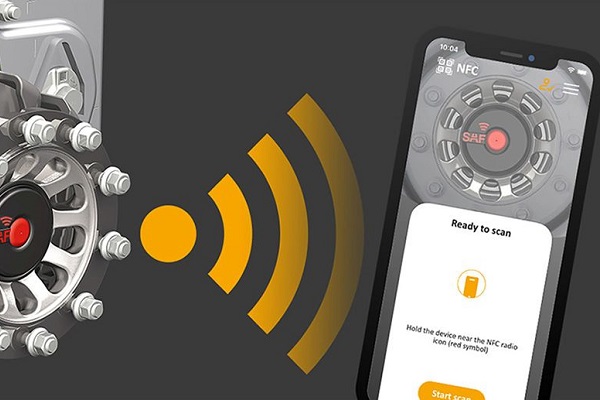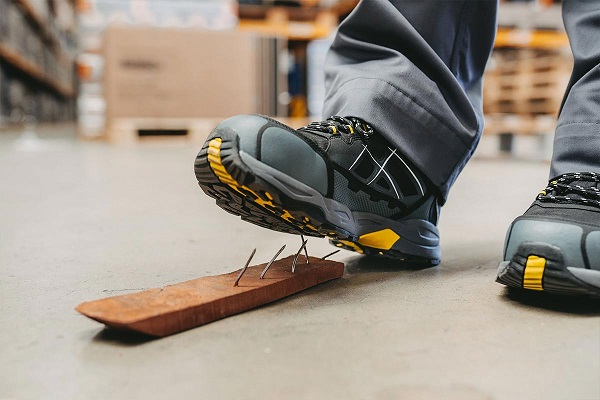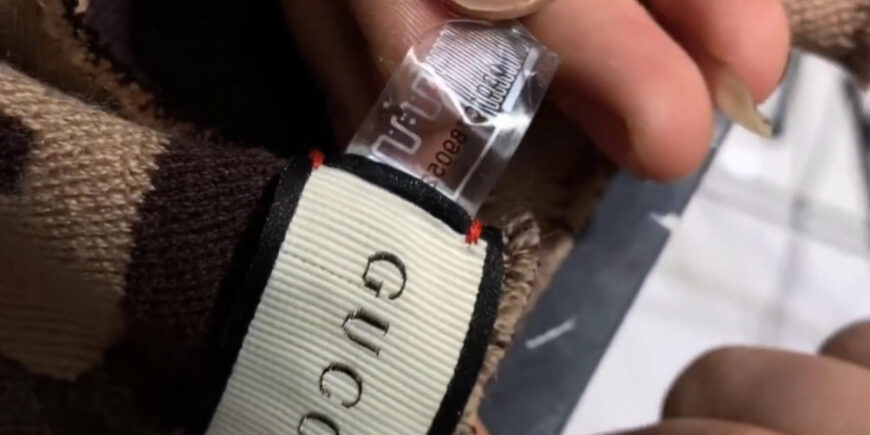
Many clothing store merchants are entangled in the need to use clothing store RFID-systeem.
customer’s point of view

clothing store RFID-systeem
As merchants, we need to think from the customer’s point of view.
Just imagine, you go to Uniqlo to buy clothes, choose a dress. But don’t have your own size, what would you do? Find a clerk. But if the clerk is busy, or there is no clerk around, most of the time, do you not buy it? I thought that since I don’t have my size, I probably didn’t even ask the clerk. Unless it’s something you particularly like, that’s fine. So for the store, not only did you miss an opportunity to make a deal. But even worse, you didn’t even know you missed an opportunity. Maybe this dress could have been a hit, and the only reason he didn’t hit it was because the stock didn’t keep up. And you don’t even know it, the loss is huge.
labor cost
Now the labor cost is getting higher and higher, coupled with the impact of the Internet. Many clothing stores have to reduce service personnel to save costs. In werkelijkheid, in this post-epidemic era, most customers have become accustomed to the supermarket-type shopping experience. As long as they can get their own size. They can try it on by themselves, and there is no need for a store staff to introduce them.

clothing store RFID system2
Stores always hope to store as many kinds of goods as possible to meet the individual needs of customers. Echter, due to the limited space, more goods and different sizes of similar goods cannot be placed on the showcase. Echter, there are fewer of the same size, and if the goods cannot be replenished in time. It may happen that customers cannot find the size they think of and give up the purchase.
have both?
Not only do you want to store more products, but also want to ensure that the size is complete. Which store does not want to have both? Echter, under the circumstance of limited personnel, how to take inventory in time? How to replenish the goods in the warehouse and fitting room on the shelf in time? And how to replenish the goods in time so that the warehouse will not be broken. This is a huge problem for supermarkets.
Through UHF RFID systems, the efficiency of inventory counting can be increased by 40 to 100 keer. This allows staff to check inventory at any time. And a mature system can automatically prompt the size, style and location of out-of-stock items. Even through the RFID card machine. You can even directly locate the specific location of the goods you need to replenish in the warehouse. The system can even directly generate a replenishment list. And replenish with one click, which almost saves the work of replenishment.
cost issue

clothing store RFID system3
When merchants first learned about the price of RFID-tags, they all considered the cost issue. A barcode label costs 2 cents, while an RFID-tag costs 50 cents. The consumption of the label is one or two hundred a day. Echter, this clothing store, which originally required ten salespersons. Can be reduced to two salespersons after replacing the RFID system without affecting the customer’s shopping experience at all.
At this time, do you still consider the cost of the label of two hundred or two?
And some small shops, maybe one or two people, can also use this system. Because customers will gather together, and the store will also encounter the situation of being too busy to open. At this time, it is necessary to improve work efficiency. So that customers can serve conveniently and independently.
This is why
This is why more and more clothing stores are now using RFID systems. The cost of the initial investment can actually be recovered in a short period of time. And it can also enhance the customer experience. If you own a clothing store, why don’t you come and try it? Click here to leave us a message and learn more about the RFID clothing store management system.
Trefwoord: RFIDHY Opslag NFC-tag RFID -oplossingen



